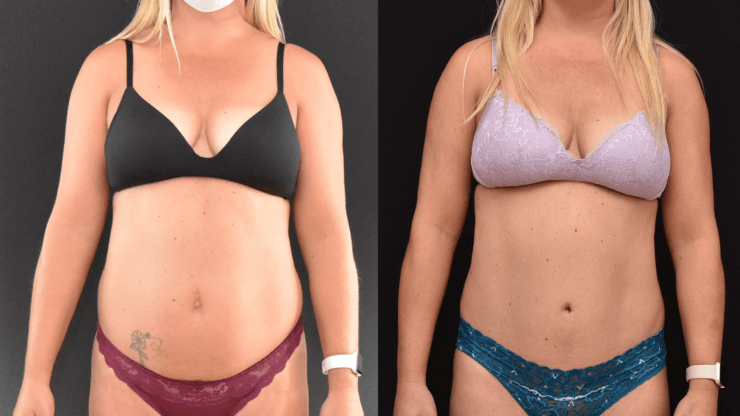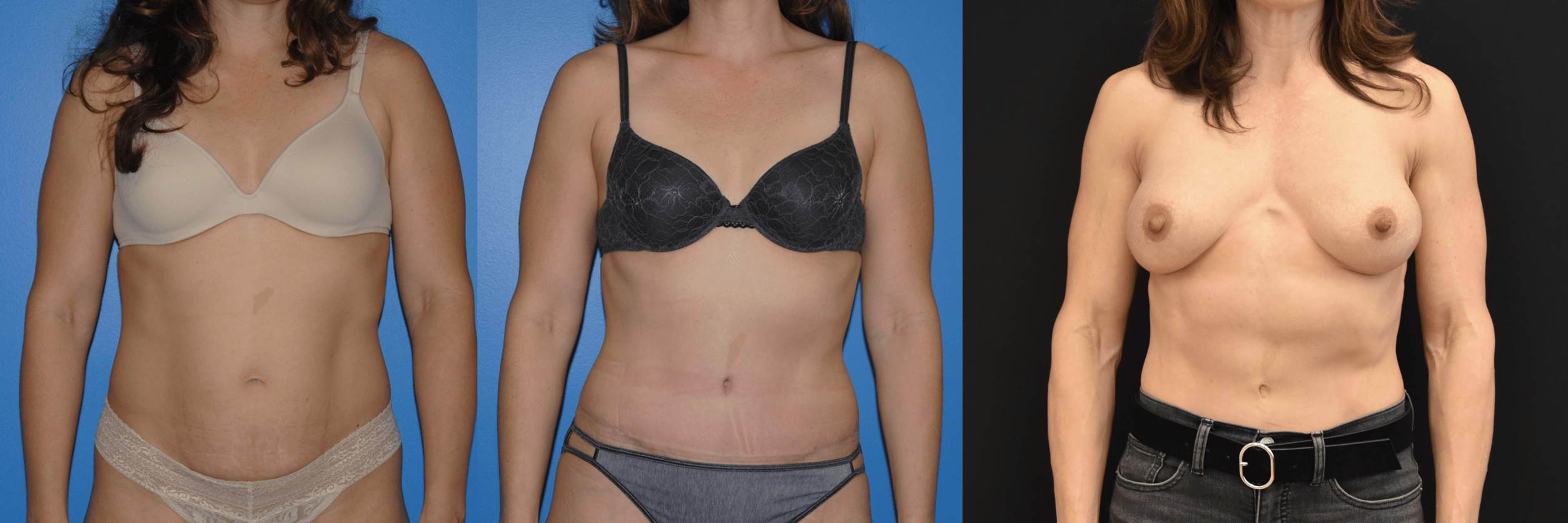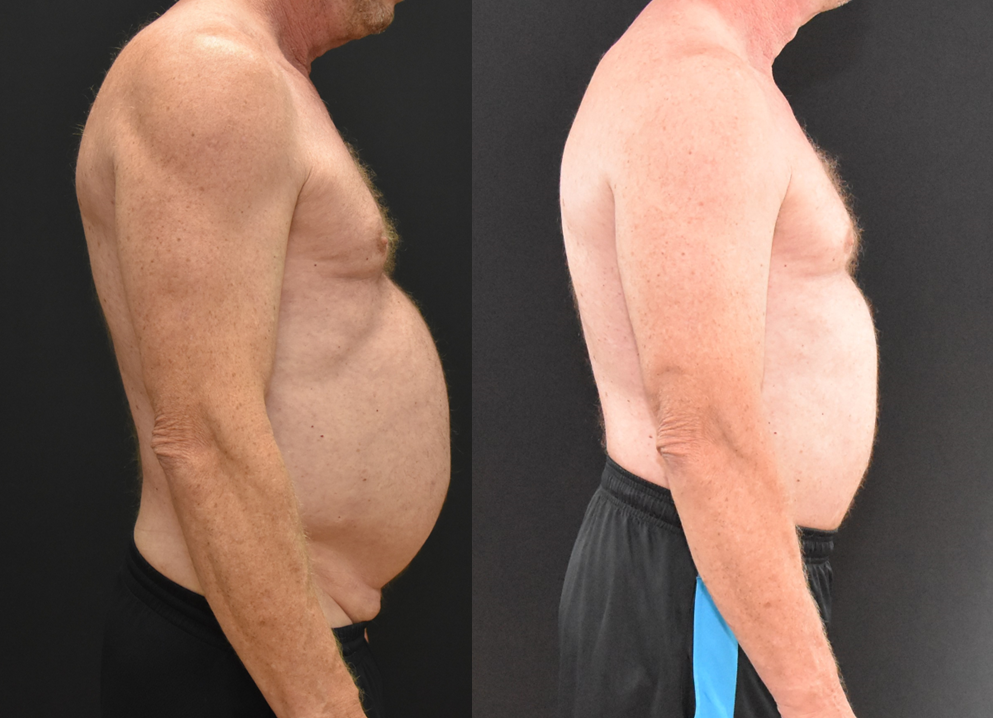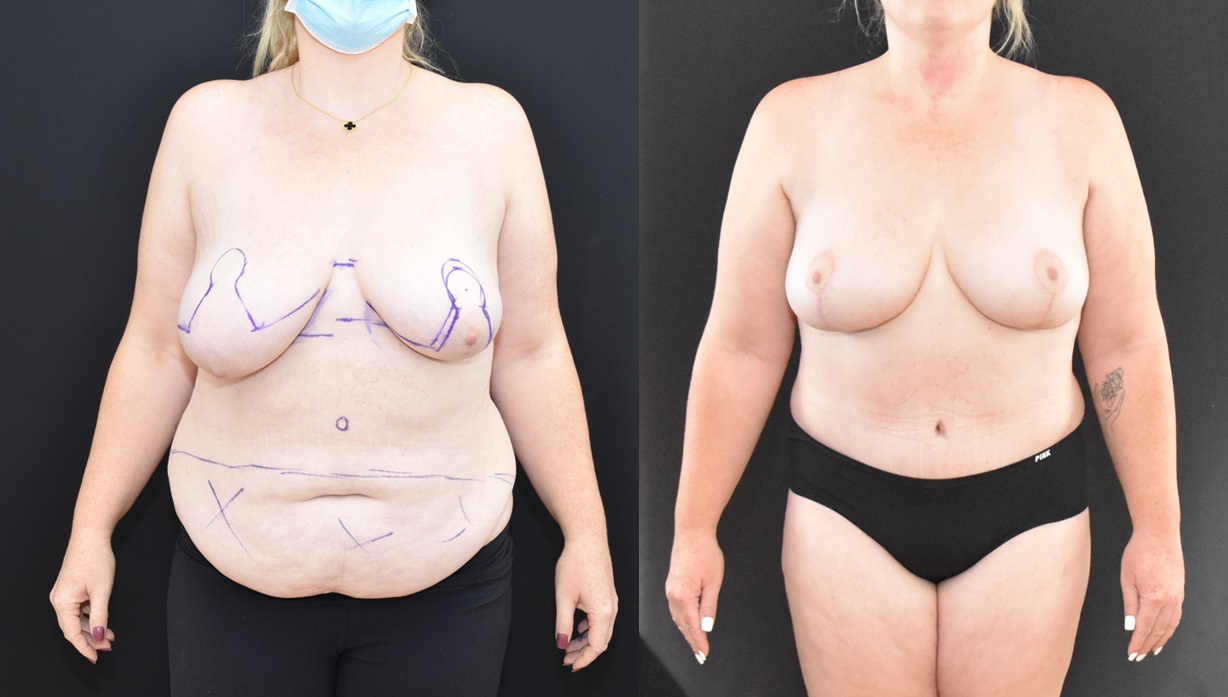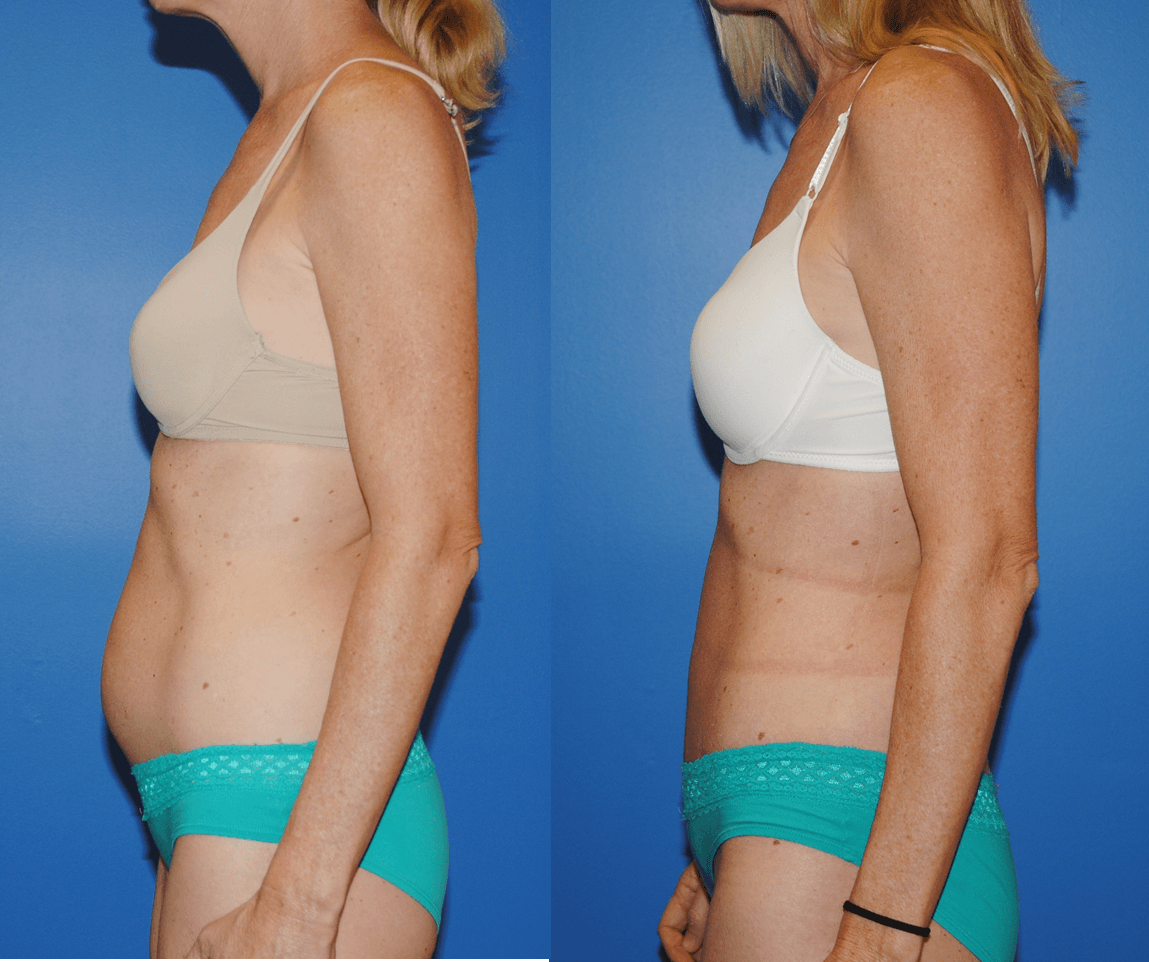Abdominoplasty, as an aesthetic surgical technique, has become increasingly crucial to obtaining a desirable body figure as the area of aesthetic plastic surgery has progressed. Abdominoplasty is a surgical technique that can restore your body’s youthful contours after pregnancy, major weight loss, or gain, and the natural aging process. The ultimate goal of an abdominoplasty is to provide the patient…


